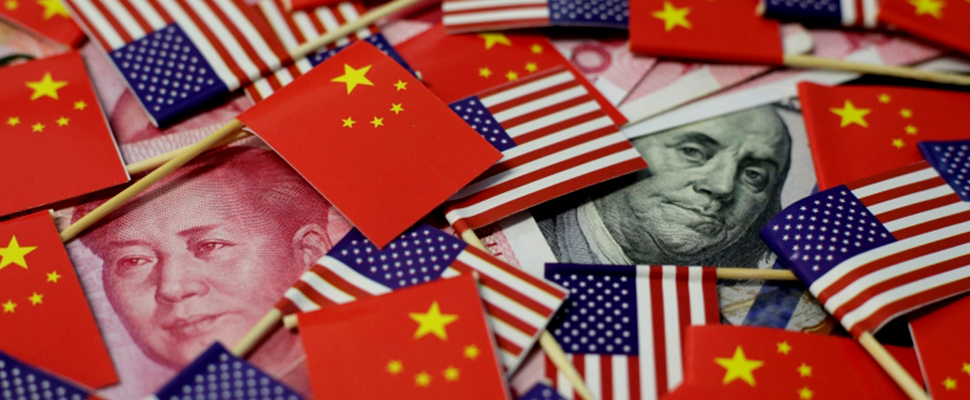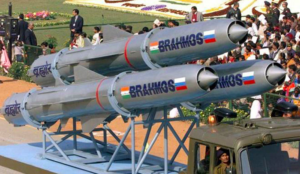My recently published book China versus the US: Who Will Prevail? (New Jersey, World Scientific, 2020), aims at answering two fundamental questions: Did China challenge the United States too hard and too soon and, by doing so, seriously affected the chance to attain its objectives? Can Washington still contain China’s ascendancy and retain its current leading status?
In 1973, Richard Nixon travelled to China and reached a historical agreement with Mao Zedong. According to it, the United States would recognize Beijing’s Communist regime as the legitimate government of China and, in return, Beijing would accept America’s leadership in Asia. It was a longstanding agreement able to overcome many challenges along the way, chiefly among them the 1989 Tiananmen massacre.
Moreover, it was an agreement thoroughly respected by four successive generations of Chinese leadership and by shifting American Administrations, both Republican and Democrat. Thanks to this agreement, China was able to focus on its economic development, without having to worry about a contentious United States. Much to the contrary, Washington became instrumental in paving the way for such development. Meanwhile, America was able to turn its political attention to the Middle East, without having to worry that China would take advantage of it. The economic synergy resulting from this state of affairs gave rise to the term “Chimerica”.
After 2008, though, everything began to unravel as China exhibited a much more assertive and confrontational geopolitical stance. The year marked an inflection point, where China felt that it was much stronger than previously assumed, while the U.S. having provoked the largest global economic crisis since 1929, was proving to be considerable weaker than presumed. In Beijing’s eyes, the presence of a new strategic configuration of power allowed for things to change.
Xi Jinping’s arrival to power in 2012-2013 not only accelerated this trend but presented a direct challenge to America’s leadership. Xi aims at China’s “resurrection”, which translates into converging strategies like the “China Dream of National Rejuvenation” and “Made in China 2025”. The former aims at a powerful and prosperous China, the expansion of the country’s geopolitical footprint, a focus on military power and military technology, and a change in China’s strategic geography. The latter focuses on turning China into a world leader in science, technology and innovation by the mid-21st century.
All these objectives are perceived by the United States as a direct challenge to its supremacy. By heralding its ambitions and boasting about its capabilities, while at the same time hardening its geopolitical and military stances, China has created for itself many unnecessary problems. Instead of sailing with the winds as used to be the case, China is now sailing against them.
For a country as obsessed as China in continuously measuring its Comprehensive National Power, though, it would seem to be out of context to have provoked America’s reaction, if they have felt unprepared for a measurement of forces. Hence, weighing the comprehensive national power of both countries, through a balanced power profile, may be the best way to answer the initial two questions. Did China challenge the United States too hard and too soon and, by doing so, seriously affected the chance to attain its objectives? Can Washington still contain China’s ascendancy and retain its current leading status?
In order to weigh the comprehensive national power of both countries, this book tries to ascertain how well they rank in six different aptitude categories: the convergence aptitude (the capability to rally others behind them); the mistakes avoiding aptitude (the capability to maintain a strategic and rational course of action); the universality aptitude (the capability to project their own cultures and values globally); the military aptitude (the capability to deter aggression by the other one, or to prevail against it should hostilities ensue); the economic aptitude (the capability to sustain a faster GDP growth); and the technological aptitude (the capability to obtain primacy in a group of key emerging technologies).
The Middle Kingdom and the Exceptional Nation seem particularly ill prepared to accept a number two ranking position within this power contest. Endowed with a profound sense of entitlement, neither of them seems prepared to yield easily to the other. The outcome of this serious, multi-layered and far reaching state of affairs may evolve into different options. War is just one of those options. Together with measuring the comprehensive national power of both countries, this book aims at identifying these options and weighing their possibilities.
A foreword and sample chapter can be found here.
Picture credits: Reuters / Jason Lee






Be First to Comment